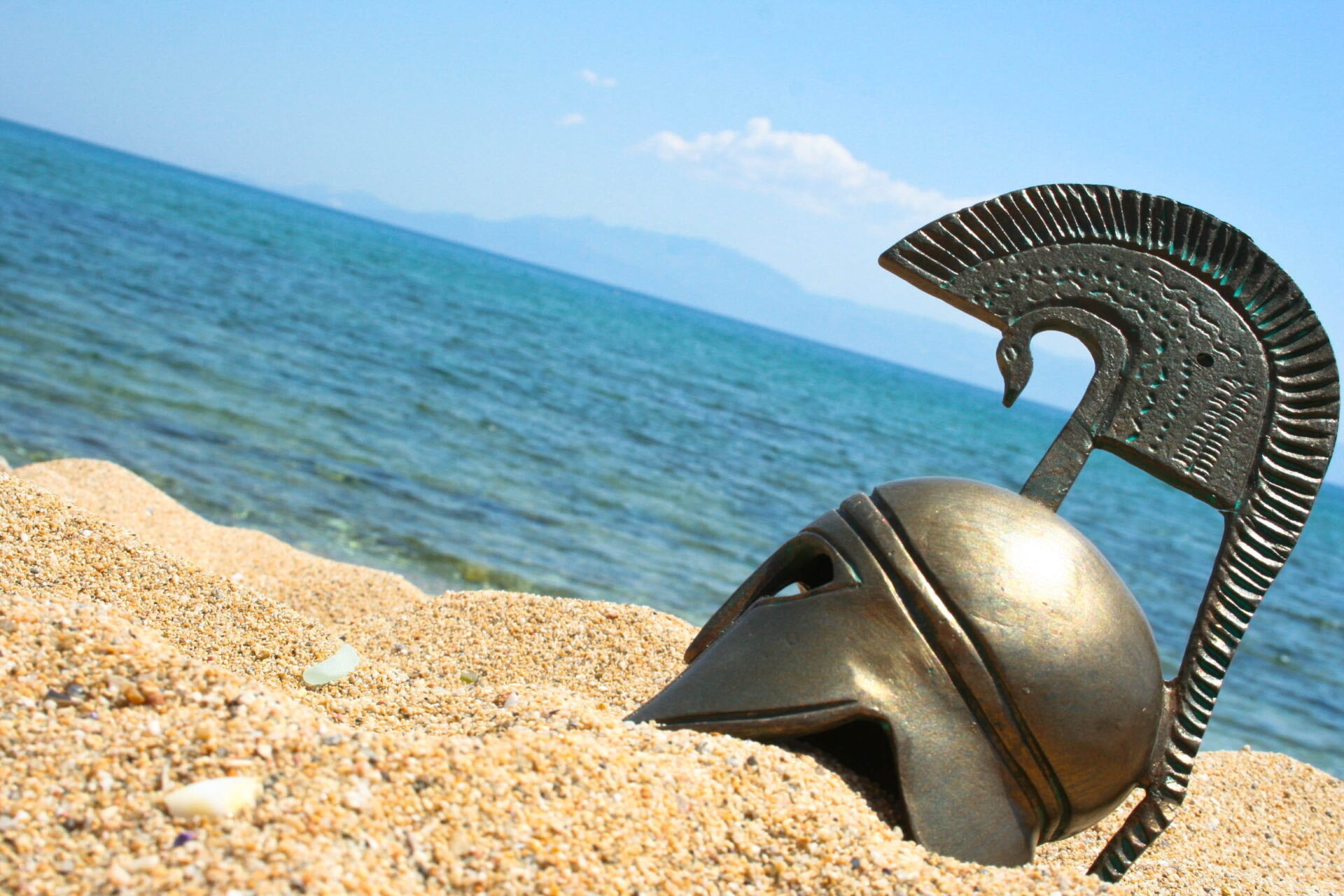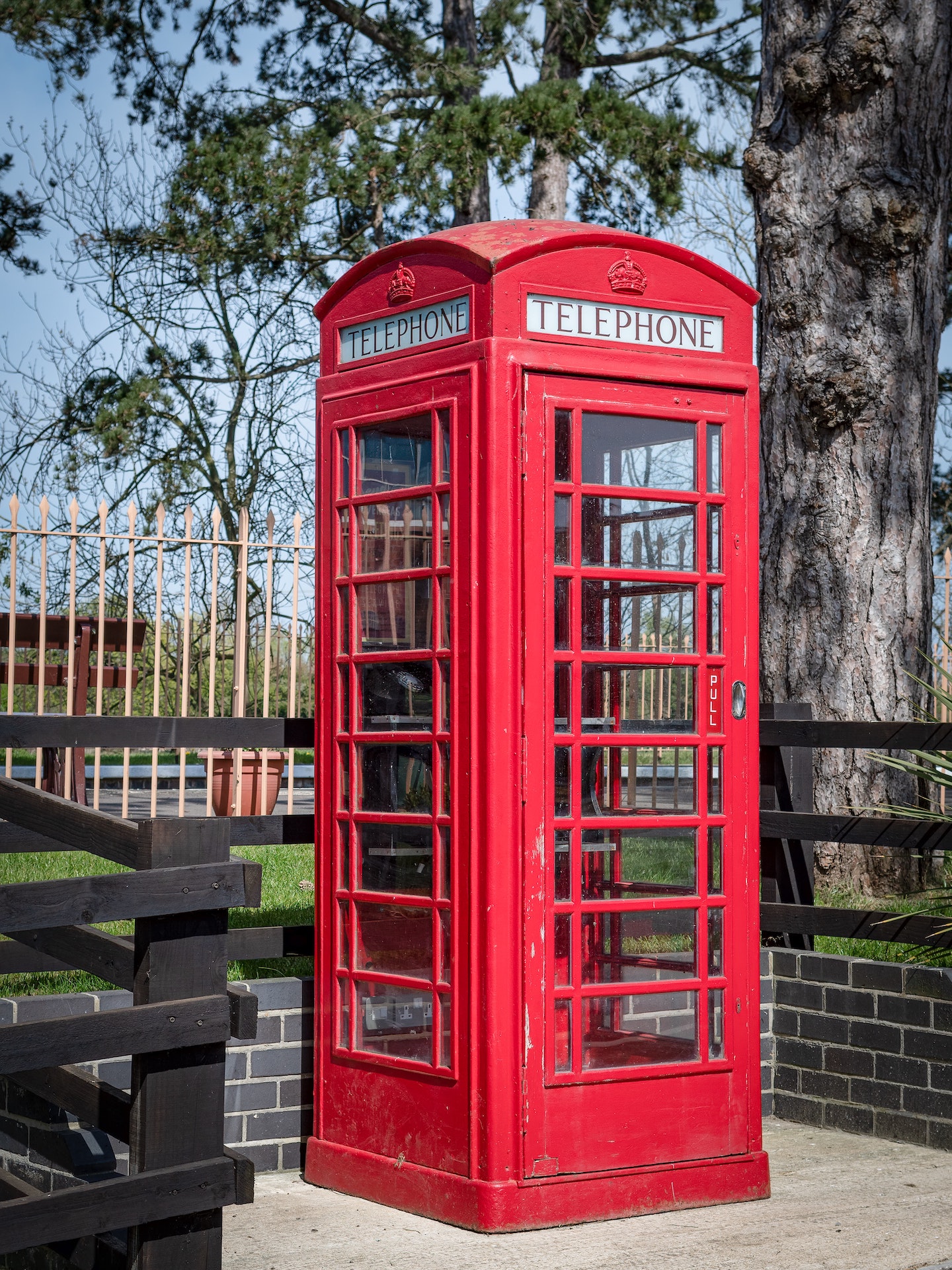2023-24 Term Dates
The academic year is split into terms during which the student is expected to engage with study. The length and pattern of the terms depend on the type of programme the student is following. The period between each of the terms is a vacation period. The University will be closed over the Christmas period. During Summer Term, study opportunities are provided across the University by the Library, Careers Services, and the Student Learning and Advisory Service alongside activities provided by your academic department.
Undergraduate Programme Term Dates
| Welcome Week | 18 September 2023 | 22 September 2023 |
| Autumn Term | 25 September 2023 | 15 December 2023 |
| Spring Term | 15 January 2024 | 5 April 2024 |
| Summer Term | 6 May 2023 | 14 June 2023 |
Postgraduate Taught Programme Term Dates
| Welcome Week | 18 September 2023 | 22 September 2023 |
| Autumn Term | 25 September 2023 | 15 December 2023 |
| Spring Term | 15 January 2024 | 5 April 2024 |
| Summer Term | 6 May 2024 | 15 September 2024 |
Postgraduate Research Programme Term Dates
Our expectations for postgraduate research students are that they study throughout the whole year, for at least 35 hours per week and take holiday (normally 30 days over the year) as agreed with their supervisor. There is only one term; the dates of the term coincide with the academic year.
Starting Out
Classes begin at 9am on MONDAY of Week 1. Check your Timetable Online for full details of all your modules and make sure you attend all your lectures and seminars.
Check your @kent.ac.uk email regularly.
Check your module Moodle pages regularly.
Read this Handbook & refer to it if you don’t understand what procedures you’re expected to follow.
Follow us @kentiquity on Instagram, Twitter and Facebook
Staff Working Hours
To encourage staff and student well-being, staff working hours are defined as 8.00-18.00 Monday to Fridays. This means emails should not sent nor responses expected outside of these hours.
Writing email is an important skill, so make sure you use an appropriate salutation:
Dear Dr. [Surname] for ALL academics OR Dear Mr./Ms./Mrs. for administrative staff
Politely write the body of your email with full sentences (you aren’t sending a text). If relevant, include a note about the context of your query (e.g. if you’re asking about an assignment, include your module number; if you’re asking about study abroad, include your course title; if you’re asking about module registration, mention what year of study you are in).
Sign off with your full name (i.e. don’t assume that you are the only student with your first name).
When you email an academic member of staff, you will use their personalised email addresses, which can be found on the “People” part of the departmental website: https://www.kent.ac.uk/classics-archaeology/people
When you email an administrative member of staff (programme coordinator, student support, employability office), you will use their administrative email addresses. CLAS is part of the Division of Arts and Humanities, where much of the administration of our programmes happens. This is why you often see the abbreviation “ArtsHums”, especially at the beginning of important email addresses.
For example, to contact the CLAS Programme Coordinator, email artshumsugandpgt@kent.ac.uk. To break this down:
artshums = Division of Arts and Humanties
ug = undergraduate
pgt = postgraduate taught
To email student support, you will email: artshumssupport@kent.ac.uk
artshums = Division of Arts and Humanties
support = student support
Staff aim to respond to student emails within 48 hours of receipt, during working hours (i.e. not over the weekends), but at certain times of year, staff may receive upwards of 250 emails a day, so be patient. To ensure a swift response, make sure you include ‘CLAS’ in the subject line. If you do not hear back from a member of staff within 72 hours of sending them an email, contact your academic adviser (see below).
Where do I go for Help and Academic Advice?
Student Support. Even if you go to class, participate in seminars, do the reading, and take good notes, at some point along the way you may find that personal circumstances or unexpected distractions interfere with your ability to do your best work. If that happens, you may want to contact student support. They can help you if you’re struggling to attend your timetabled sessions, if you’re concerned that you’re not going to meet a course deadline or think your personal circumstances may have an undue impact on your exams. They can also help you access further support for mental health and wellbeing.
Email: artshumssupport@kent.ac.uk
Concessions & Extensions can be applied for on KentVision. Click here for Guidance on how to apply.
CLAS Programme Coordinator. Charlotte Malkin, our Classical and Archaeological Studies Programme Coordinator, can answer any queries you may have or point you in the direction of those who can help you further.
CLAS Handbook! Refer to these pages regularly and often. The value of much of what you will find here will only be obvious to you as you progress in your studies. You ignore this information at your peril!
Use this handbook as a first port-of-call when you do not understand what procedures you are expected to follow.
Don’t forget your ACTION PLANS! Refer to your year group action plan in the handbook!
Your Academic Adviser. When you arrive at Kent, you will be assigned an academic adviser, who will help you navigate your academic choices during your undergraduate degree and help you become more comfortable interacting with academic staff. Your adviser understands University requirements and is trained to help students with a wide variety of interests. Advisers have a feel for balancing workloads, exploring new areas, and fulfilling requirements. If they do not know the answer to one of your questions, they will know where to find it.
You should expect your adviser to talk with you about your academic goals. They will help you plan not only your modules for the term, but also a strategy for taking the greatest possible advantage of your undergraduate education. They are always willing to meet up, so send them an email!
Later, in your third year, you’ll work with a supervisor on your independent research work.
Your Lecturers. If you start to feel challenged by material in one or more of your modules, asking for help is the smart thing to do. Don’t delay, and don’t wait until you feel lost or overwhelmed. Kent terms move at a fast pace, and the earlier you seek help and advice, the more options you will have.
Every Kent student, no matter how extraordinary, will need to ask for help at some point in their academic career. In fact, we hope and expect that students will seek out challenges and take some risks in choosing modules. It’s perfectly normal to find the transition to college-level work overwhelming at times.
Student Learning Advisory Service (SLAS). Whether you are looking for help with essays, exam preparation or time management, the Student Learning Advisory Service (SLAS) can help you succeed in your academic work through their learning resources, workshops, and 1-to-1 appointments. Students who take advantage of Kent’s collaborative resources tend to enjoy their academic work and achieve greater success.
Academic Peer Mentors (APM). Academic Peer Mentors are experienced second and third year students who partner with new students to support their transition to university. These students have been trained in the nuances of good advising and can offer their perspectives on a range of issues like module selection, study strategies and resources, and adapting to life at Kent.
Kent Classical and Archaeological Society (KCAS). This is one among many student organisations. KCAS is a dedicated society for all students interested in the ancient world, and this society and many others are also another important means of expanding your education beyond the walls of the classroom. Other student organisations include campus publications, cultural and educational clubs, performance groups, and political or religious organisations. Through these activities you can develop your leadership and organizational abilities, satisfy your musical or theatrical interests, or test your powers of verbal debate and persuasion.
What other kinds of advice might be important?
During your time at Kent, you may find it helpful to get advice and mentorship from others who understand where you’ve come from and can help you reach your long-term goals. There are several other offices where you might find support on your path at Kent.
Below are lists of places to go for further Academic Information and Student Life Information
We particularly encourage you to get in touch early on in your academic career with the Career and Employability Service (CES). In your second and third years, especially, the Careers and Employability Service can help you prepare for the future. In addition to providing support for all students looking for part time work, they also help you as you think about your longer-term career plans.
In addition to lots of very helpful information and resources, they also run a Volunteering programme that recognises and supports students who volunteer in the community. They give you measurable recognition for your work, support from staff, and are an excellent addition to your CV.
The Employability Points for co-curricular activities that you participate in around campus. These points can be exchanged for the chance to apply for exclusive internships, work placements, training, etc. The CES also offers mentoring services, one-to-one appointments, and workshops on building a strong CV and how to talk about your academic skills in the context of a job interview.


















